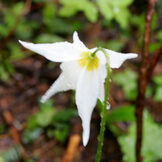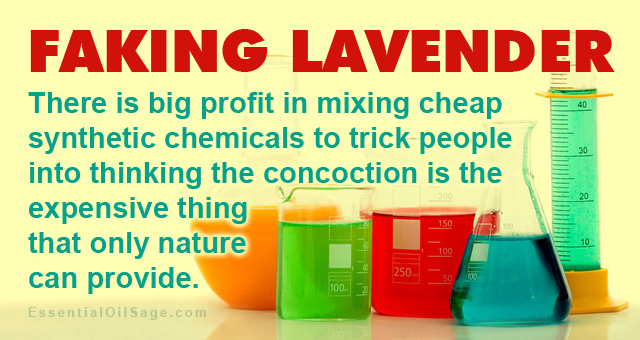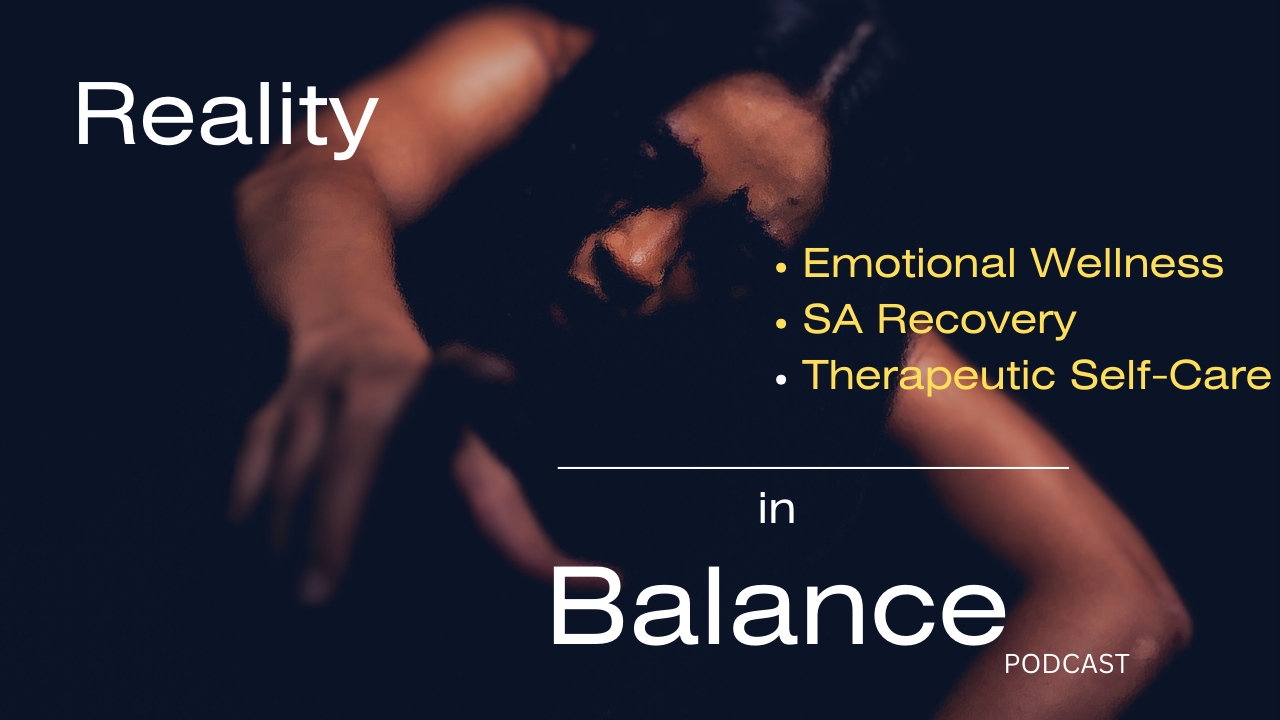|

|
PURCHASING QUALITY ESSENTIAL OILS

Shopping for quality essential oils either for therapeutic purposes or for calming effects will allow you to become aware of their level of medicinal grades, farming practices, and its therapeutic properties which can affect your body systems. In pure essential oils, there are hundreds of chemical components that interact when they are mixed together, increasing their individual excellency bringing holistic health to quality essential oils.
High-quality essential oils are often very expensive, but you can be sure that they contain the correct elements in the correct proportions and the desired therapeutic properties. Commercial grade essential oils have been distilled again, forming a lower-grade oil, or have materials added or removed to improve odor, safety, etc. Synthetic or diluted essential oils are less predictable and less likely to be therapeutically effective.
The time and effort that goes into producing good-quality essential oils means they can be costly. Therefore, it is important to be aware that cheaper, adulterated essential oils are on the market and that these will not be as effective as the pricier, pure essential oils.
The main methods of adulterating essential oils are:
- Adding a cheaper oil
- Diluting with alcohol or other bases
- Adding a synthetic substance
- Substitution for a cheaper essential oil
SYNTHETIC ESSENTIAL OILS
|
Standardizing and adulterating both alter the original composition of an essential oil.
Practices such as adding cheaper lavandin to lavender oil, or adding corn mint oil (menthaarvenisis) to peppermint oil are, unfortunately, widespread(Hoare). Of greater concern is the use of substitute products or “nature-identical” synthetics: Cassia oil has been found to contain synthetic cinnamic aldehyde, and “red thyme” oil may be wholly synthetic (Hoare). If the oil is not what you believe it to be, its effectiveness, and even safety, can be compromised (Hoare).
Standardization is the adjustment of essential oils so it conforms to a given standard: this is done openly for customers who expect a specific composition. Example: Lavender 40/42, partly or fully synthetic lindyl acetate is added to oil so its concentration reaches between 40 - 40%. If this is information is hidden and the customer is lead to believe that it is a pure plant product, we would call this adulteration.
To discern that an essential oil is in fact pure and authentic is most easily accomplished by:
- Knowing its source
- Ascertaining the name of the producing company
- Compare essential oil samples to authentic samples of the producer
- Cost
- Reputable supplier
Most essential oils are distilled and standardized for use in other productions, so those suppliers meticulously sourcing and selling quality essential oils intentionally for therapeutic uses and aromatherapy are aware of important factors regarding its process of evolution.
- Soil conditions
- Seed quality
- Climate
- Altitude
- Growing conditions
- Harvesting
- Care during distillation
- Bottling
- storage
The time and effort involved in producing quality essential oils, harvesting the plants which depend largely on the parts of the plant that are used and their oil content, the cost of production, and extraction process are valued by their medicinal grades.
There are many commercial grades essential oils marked as “aromatherapy”, but they are either not made with quality essential oils or contain synthetic fragrances and other impurities. So, if you come across a company that uses the terms “aromatherapy grade” or “therapeutic grade”, ideally you’d research other key indicators of their essential oil properties to determine their particular intent behind the use of the terms. Most companies provide details on their website that define their specific usage of the term.
CLASSIFYING ESSENTIAL OILS
Pure Grade Organic
- Essential oils are from organic flowers, plants, and trees that are certified by the U.S standards and inspections. They are considered pure medical grade oils.
Pure Medical Grade/Therapeutic Grade
- Essential oils are 100% pure and completely natural. This means that they do not contain any synthetic or unnatural adulterations. They are determined to be pure through quality control from the point of growth, processing, and laboratory analysis.
Aromatherapy Grade
- Essential oils are adulterated with natural and unnatural components and additives.
Commercial Grade
- Essential oils have been distilled again, creating a lower-grade oil, or have components added or removed to improve odor or safety.
|
Grade A
Grade B
|
Grade C
|
When you use quality essential oils in the form of an organic/therapeutic grade, you can benefit from their antioxidants, anti-inflammatory, and even anti-microbial properties. Quality essential oils supply healing power, and in some homes, they are used as a natural medicine that has no side effects.
Researched Most Trusted Essential Oil Brands with Quality Products:
- Doterra
- Now Foods
- Edens Garden
- Plant Therapy
- Aura Cacia
- Mountain Rose Herbs
- Young Living
Awareness through Light…
|
About the Author:
Shaw Nee Janelle is a Certified Holistic Health Practitioner, Health & Wellness Consultant, Author of “The Traditional Modalities for Healing”, Blogger & Owner of realitynconsciousness.com. In her blogs, she enjoys writing inspirational tips on Holistic Health, Affirmations, Self-Care, Afrikan Spirituality, Sexual Abuse Awareness and more. She also loves travel, fitness, reading, and creating new vegan recipes. |
Leave Us a Comment:
Where do you purchase your essential oils from?
Do you have any results that you would like to share with us about an oil? How do you purchase essential oils? |
The Complete Aromatherapy Tutor by, Hoare, Joanna
The Essential Guide to Aromatherapy and Vibrational Healing Book, by Lembo, Margaret Ann
Fragrance and Wellbeing by Rhind, Jennifer
The Healing Intelligence of Essential Oils, by Schnaubelt, Kurt
3 Different Grades of Essential Oils, BY SHANNON ACHESON
The 7 Best Essential Oil Brands & Companies Reviews 2019 by Madison Valgari
Therapeutic Grade Essential Oils is a Potentially Confusing Term





